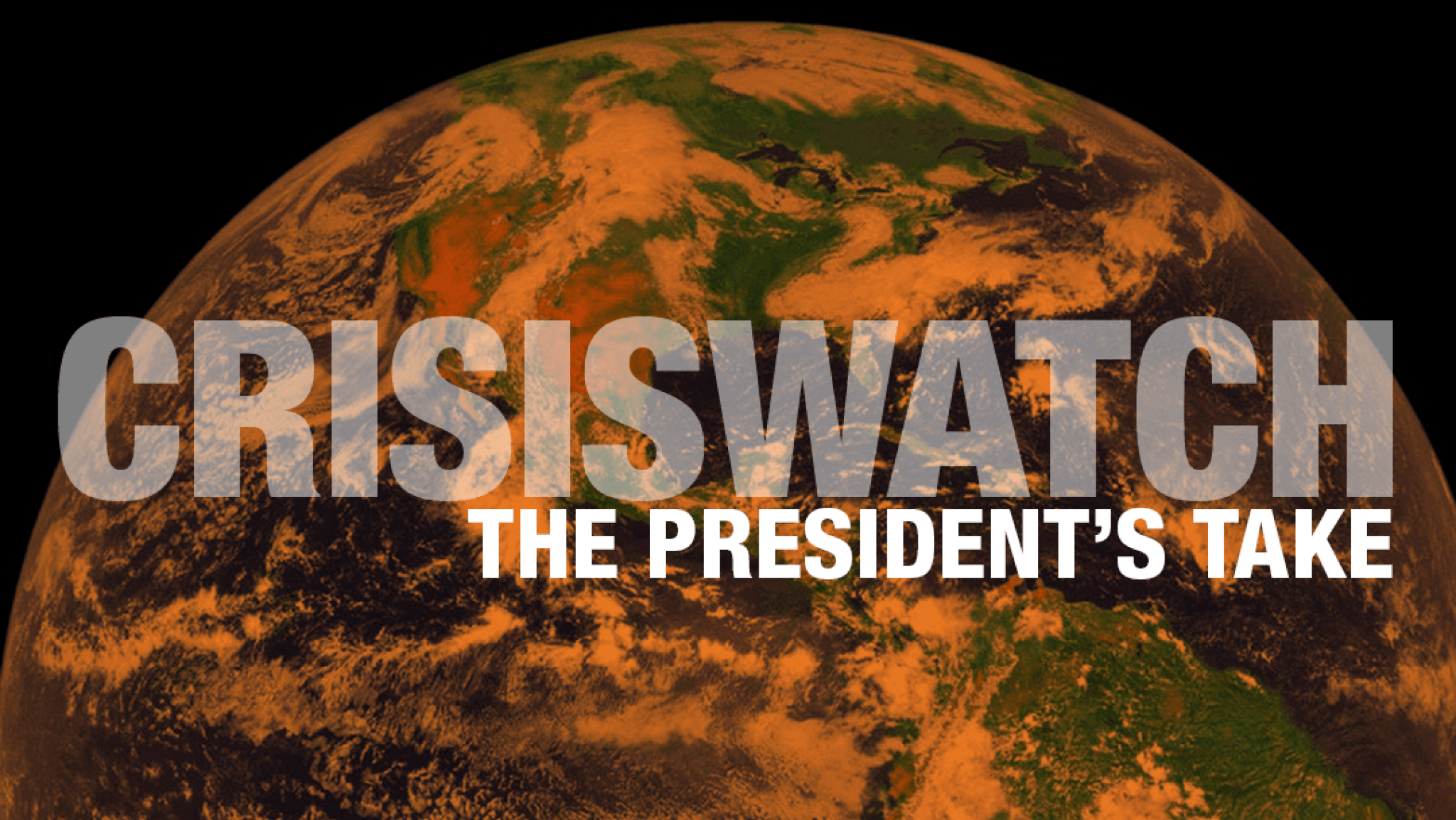Contentious Polls Spell Trouble in Africa

Much of Africa looks set to head to the polls in the coming months and many Africans, one suspects, have reason to fear. Burkina Faso, Chad, Côte d’Ivoire, Ethiopia, Guinea, Niger, Somalia, Tanzania and Uganda, among others, are all scheduled to hold national elections in the remaining months of 2020 or the earlier ones of 2021. In some cases, risks of violence emanate from incumbents barred by their constitution from running, yet driven by their appetite for power to stay on. In some, they stem from highly polarised politics that winner-take-all, high-stakes elections likely will worsen. Violence can be used to ensure victory, forestall defeat, intimidate opponents. The pandemic further complicates matters: delays officially justified by COVID-19 might be ascribed by opposition parties to more nefarious intent. Then there is the possibility of fraud, of iniquitous electoral rules, or of playing fields skewed toward incumbents.
For a conflict resolution organisation like Crisis Group, elections are a knotty matter. Voting is usually a necessary element of any political settlement or transition. It is hard to imagine a viable solution in Venezuela or Syria or Belarus without a government determined at some point through a credible vote. Yet balloting can be hazardous in societies where fundamental political issues remain unresolved. In so many cases, elections have helped ignite rather than avert conflict (think of Algeria and Angola in the 1990s, Kenya in 2008 and Côte d’Ivoire two years later) or entrench strongmen in office. In many respects, elections are far more likely to reflect the conditions in which they take place than transform them. Navigating contentious polls requires attention to the credibility of elections, their timing, the voting system and broader rules that can raise or lower the stakes of the poll including, perhaps most importantly, guarantees that are offered to those who lose.
Events on the continent these past few weeks, which are covered in greater depth in this month’s CrisisWatch, are illustrative. In Côte d’Ivoire, deadly protests erupted across country after President Ouattara, reversing his prior commitment not to run for a questionable third term, announced his candidacy, raising the prospect of all-out violence. Clashes quickly took on ethnic overtones. In Guinea, too, a potential crisis looms as President Condé appeared to sidestep term limits as the ruling coalition nominated him to run despite year-long, massive protests and international pressure. Ethiopia’s federal government and Tigray region have been edging toward confrontation over the latter’s determination to proceed with regional elections over the former’s objections. National elections, when they are held, also risk exacerbating tensions unless preceded by efforts to bridge increasingly bitter disputes among Ethiopia’s most powerful regions and between supporters and opponents of its ethnic federal system.
In all this, there are lessons for a country typically in the habit of dispensing rather than receiving them: the United States, its politics and society more polarised and its institutions more mistrusted than ever in living memory. The possibility that the November presidential election will trigger a major dispute, prompting a constitutional crisis and potentially even degenerating into partisan violence, is no longer the stuff of political fiction.
Six hundred and thirty-four days ago, our colleague Michael Kovrig was detained in China, a victim of political bullying and hostage diplomacy. It is passed time for China to release him and allow him to go home.

